 I know this isn’t particularly genre blendy, but I am currently grieving the end of the Great British Baking Show (aka in its native Britain as The Great British Bake Off or GBBO), which finished its run on PBS this weekend. I usually hate reality TV. In America, it is usually about watching people acting badly, or hoping for people to embarass themselves, or trying to create drama where drama simply doesn’t exist. Even the cooking shows fall victim to this. I’ve watched Top Chef and enjoyed it, but too much time is spent on personalities rather than food. So I had no particular desire to watch the Great British Baking Show, and in fact missed the first season aired here entirely. I don’t remember who convinced me to watch it this season (someone on Twitter, I’m guessing!), but after one episode I was completely smitten. This was a show about baking, and since it is from the UK it was often about baking things I have never even heard of like suet puddings and Victoria sponge (seriously, endless amounts of Victoria sponge). The bakers, while quite good a bit better than your average home baker, are still amateurs, and their creations often look more than a bit squiffy. We don’t get endless confessional interviews with the contestants (in fact you get virtually no info about their private lives except for a super short segment on each of the finalists). They just show up every weekend and bake. There is no big payday at the end (it seems they just get an engraved cake stand). And the biggest difference between this and every other reality show I’ve watched is that everyone is nice. Really nice. Now that it is over for another season, with no idea when they will air it again, I thought I would pull together a list of books for my fellow rabid fans of the show. Bon Appetit!
I know this isn’t particularly genre blendy, but I am currently grieving the end of the Great British Baking Show (aka in its native Britain as The Great British Bake Off or GBBO), which finished its run on PBS this weekend. I usually hate reality TV. In America, it is usually about watching people acting badly, or hoping for people to embarass themselves, or trying to create drama where drama simply doesn’t exist. Even the cooking shows fall victim to this. I’ve watched Top Chef and enjoyed it, but too much time is spent on personalities rather than food. So I had no particular desire to watch the Great British Baking Show, and in fact missed the first season aired here entirely. I don’t remember who convinced me to watch it this season (someone on Twitter, I’m guessing!), but after one episode I was completely smitten. This was a show about baking, and since it is from the UK it was often about baking things I have never even heard of like suet puddings and Victoria sponge (seriously, endless amounts of Victoria sponge). The bakers, while quite good a bit better than your average home baker, are still amateurs, and their creations often look more than a bit squiffy. We don’t get endless confessional interviews with the contestants (in fact you get virtually no info about their private lives except for a super short segment on each of the finalists). They just show up every weekend and bake. There is no big payday at the end (it seems they just get an engraved cake stand). And the biggest difference between this and every other reality show I’ve watched is that everyone is nice. Really nice. Now that it is over for another season, with no idea when they will air it again, I thought I would pull together a list of books for my fellow rabid fans of the show. Bon Appetit!
Books for fans of The Great British Baking Show (aka The Great British Bake Off)
This British novel is probably the closest we’re going to get to a novelization of The Great British Bake Off. It follows five amateur bakers who are competing to become the next “Mrs. Eaden”. In the 1960s, Kathleen Eaden, wife of a supermarket magnate, wrote a classic bestselling cookbook called the Art of Baking. Now she has died and the market chain wants to find a new baking mascot. If you love the show but wished they gave more backstory on the contestants, this book will scratch that itch. We learn about the five potential Mrs. Eadens and their personal struggles. We also get flashbacks to Kathleen Eaden’s story as she writes the cookbook that inspired the whole thing. There are plenty of tantalizing descriptions of baked goods, so you might want to have a snack handy while reading. It’s a charming, if not particularly memorable novel.
Ruth loves cake and bakes as a way to self-comfort and de-stress (I can relate!). When her husband loses her job, her daughter turns overnight into a bratty teenager, and both of her divorced parents move in with her, Ruth will need a lot of baking to deal with the stress. I love this novel. Like the author’s earlier Julie and Romeo , it is women’s fiction with depth and humor and a delightful, mature heroine. Ruth is beset on all sides, but she’s down-to-earth, warm, and funny. And she bakes like a dream! If I recall correctly, along with delectable descriptions of Ruth’s cakes, the author included recipes at the back.
, it is women’s fiction with depth and humor and a delightful, mature heroine. Ruth is beset on all sides, but she’s down-to-earth, warm, and funny. And she bakes like a dream! If I recall correctly, along with delectable descriptions of Ruth’s cakes, the author included recipes at the back.
 Bread Alone
Bread Alone by Judith Ryan Hendricks
by Judith Ryan Hendricks
Women’s fiction often follows a pattern wherein a woman experiences a trauma or emotional upheaval in her life and then searches for a way to reinvent herself (or usually find her most authentic self). In Bread Alone, Wynter Morrison (yeah, I hate the name, too, but she goes by Wyn) has moved to Seattle after her husband leaves her for another woman. At loose ends, she spend time in a local bakery cafe, which brings back memories of when she lived in Paris and wanted to be a professional baker. She is offered a job at the Seattle bakery and reconnects with her love of the process of making bread. This does has all the usual women’s fiction ingredients (change of scenery, wise best friend, fraught relationship with her mother, discovery of calling, new chance at love), but combined in a winning way. And yes, there are recipes for bread.
These two novels get grouped together here (and in my head) because they share a structure and I read them about the same time. Both involve a group of people attending a cooking school. They both break down into character studies of the students: what brought them to the school, the dramas and sorrows in their current lives, and works through how cooking and connecting with others helps them to a better place. In The School of Essential Ingredients, Lillian is a successful chef who hosts cooking classes at her restaurant. We get Lillian’s story alongside the story of her students, as each week they all tackle a new dish. In The Love Goddess’ Cooking School, the focus is more on the heroine. Holly Maguire returns home to Maine to take over her Sicilian grandmother’s cooking school. Trouble is she doesn’t know how to cook, much less does she have her grandmother’s secret to using food to tell fortunes. But she gamely dives in, and we get her story of reinvention alongside the stories of her first four students who also seek to change their lives. Both of these novels are charming, light reads with mouth-watering descriptions of food.
Just about anything by Sarah Addison Allen






When I first fell in love with the books of Sarah Addison Allen, it was with her debut, Garden Spells . It reminded me of a love child between Alice Hoffman’s Practical Magic and Joanne Harris’s Chocolat and from there I was hooked. Her books have the beautiful characters and relationships of good women’s fiction, with just the right touch of magic. In Garden Spells, Claire Waverly has been living alone in her family home with its magical apple tree in the backyard. She has a catering business that uses the family talents to be able to cook foods that are exactly what people need. Her orderly routine is thrown when her sister Sydney returns with her daughter. The Sugar Queen
. It reminded me of a love child between Alice Hoffman’s Practical Magic and Joanne Harris’s Chocolat and from there I was hooked. Her books have the beautiful characters and relationships of good women’s fiction, with just the right touch of magic. In Garden Spells, Claire Waverly has been living alone in her family home with its magical apple tree in the backyard. She has a catering business that uses the family talents to be able to cook foods that are exactly what people need. Her orderly routine is thrown when her sister Sydney returns with her daughter. The Sugar Queen has less food, but more magic than Garden Spells. Josey lives in her mother’s house, sneaking romance novels and serious amounts of candy in her bedroom closet. One day she finds local waitress Della Lee hiding in that same closet, and her life is going to get the shaking up it needs. Back to more food again with The Girl Who Chased the Moon
has less food, but more magic than Garden Spells. Josey lives in her mother’s house, sneaking romance novels and serious amounts of candy in her bedroom closet. One day she finds local waitress Della Lee hiding in that same closet, and her life is going to get the shaking up it needs. Back to more food again with The Girl Who Chased the Moon . Teen Emily Benedict returns to North Carolina after the death of her mom to find out about the her mother’s life. She moves in with her grandfather and meets Julia, a cake baker who was friend with her mother. Seriously, if you haven’t tried Allen and you like women’s fiction with a healthy dash of magic, give her a try.
. Teen Emily Benedict returns to North Carolina after the death of her mom to find out about the her mother’s life. She moves in with her grandfather and meets Julia, a cake baker who was friend with her mother. Seriously, if you haven’t tried Allen and you like women’s fiction with a healthy dash of magic, give her a try.
There are plenty of other great foodie fiction books out there, and don’t even get me started on foodie movies! Hopefully these will partially satisfy the hunger of GBBO fans longing for more Victoria sponge.
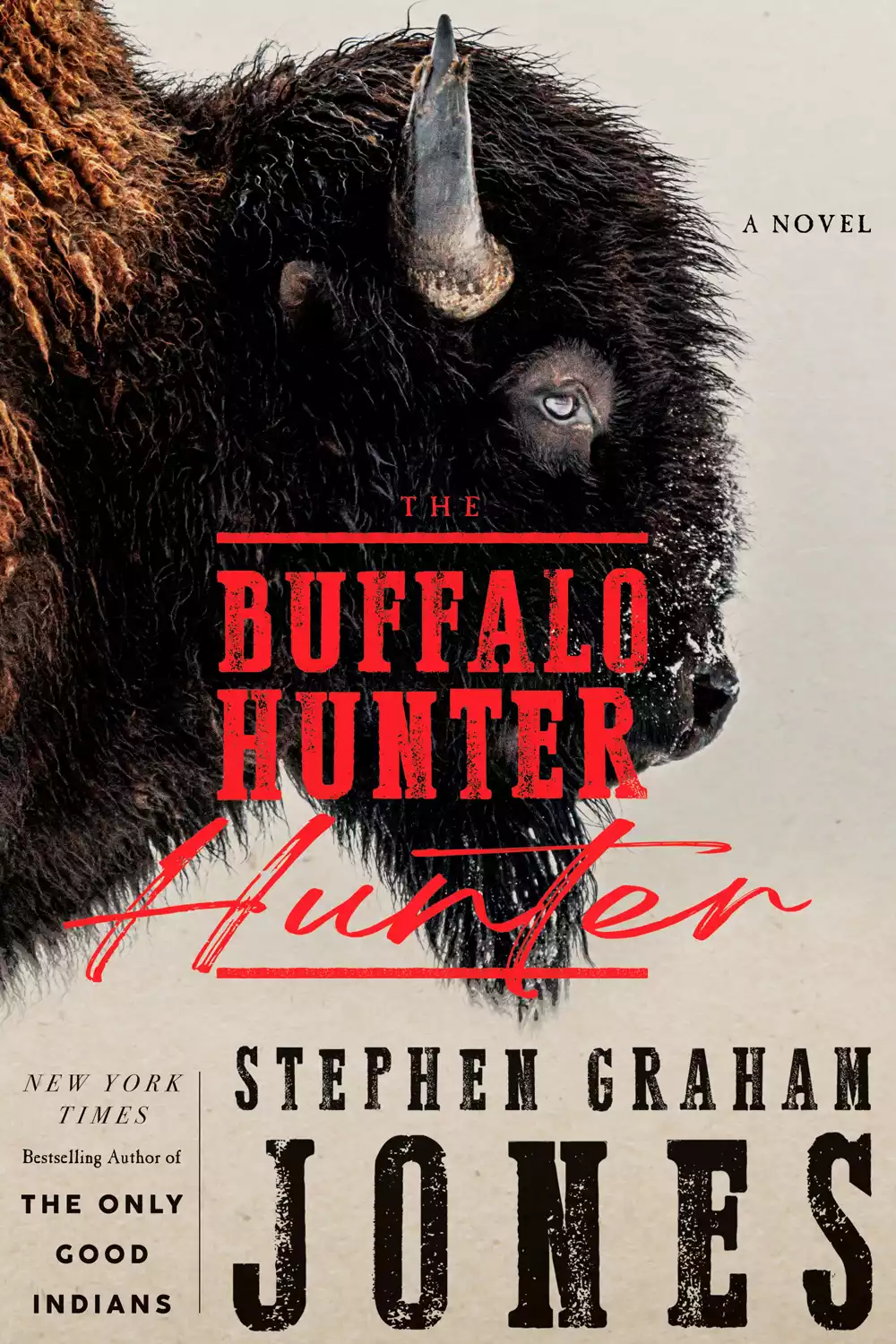
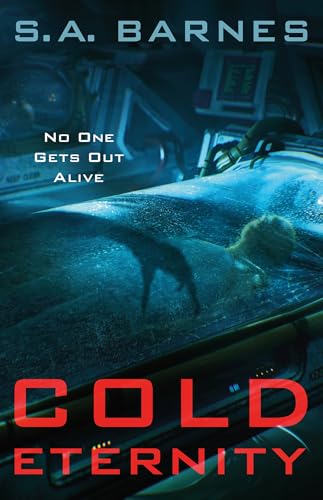
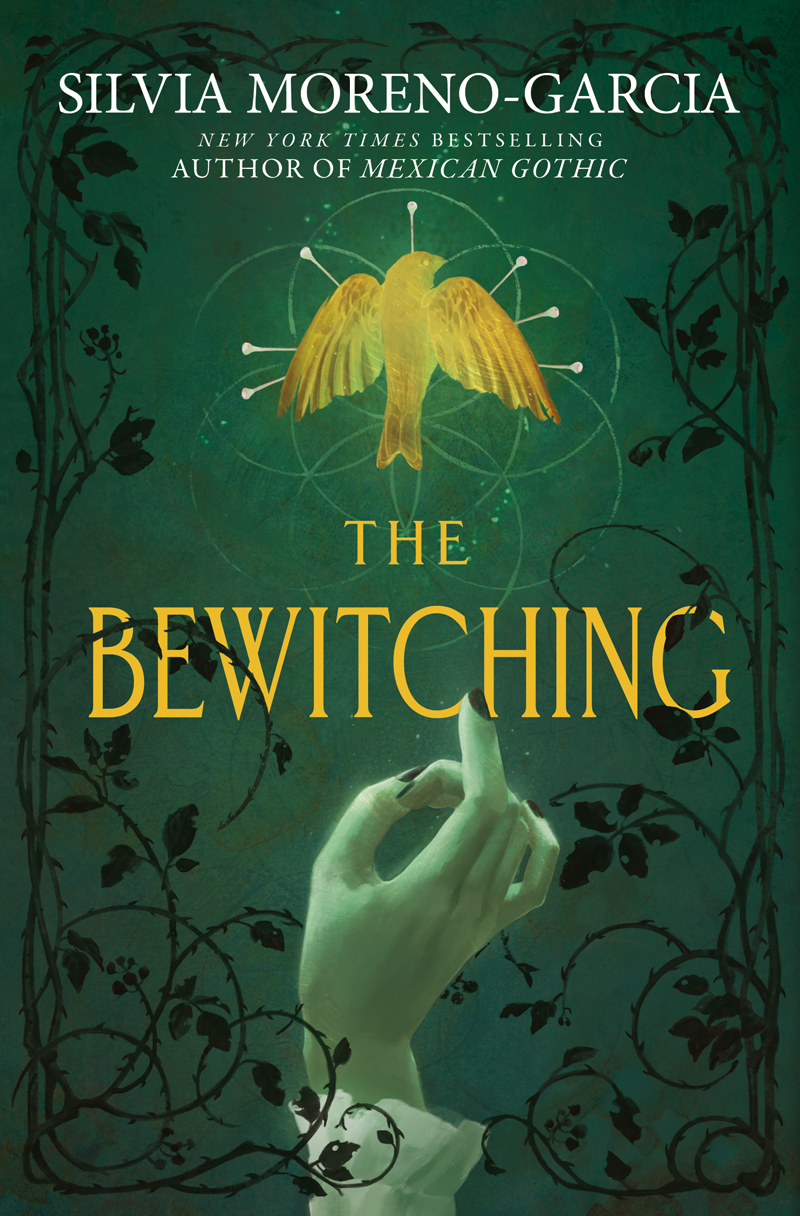
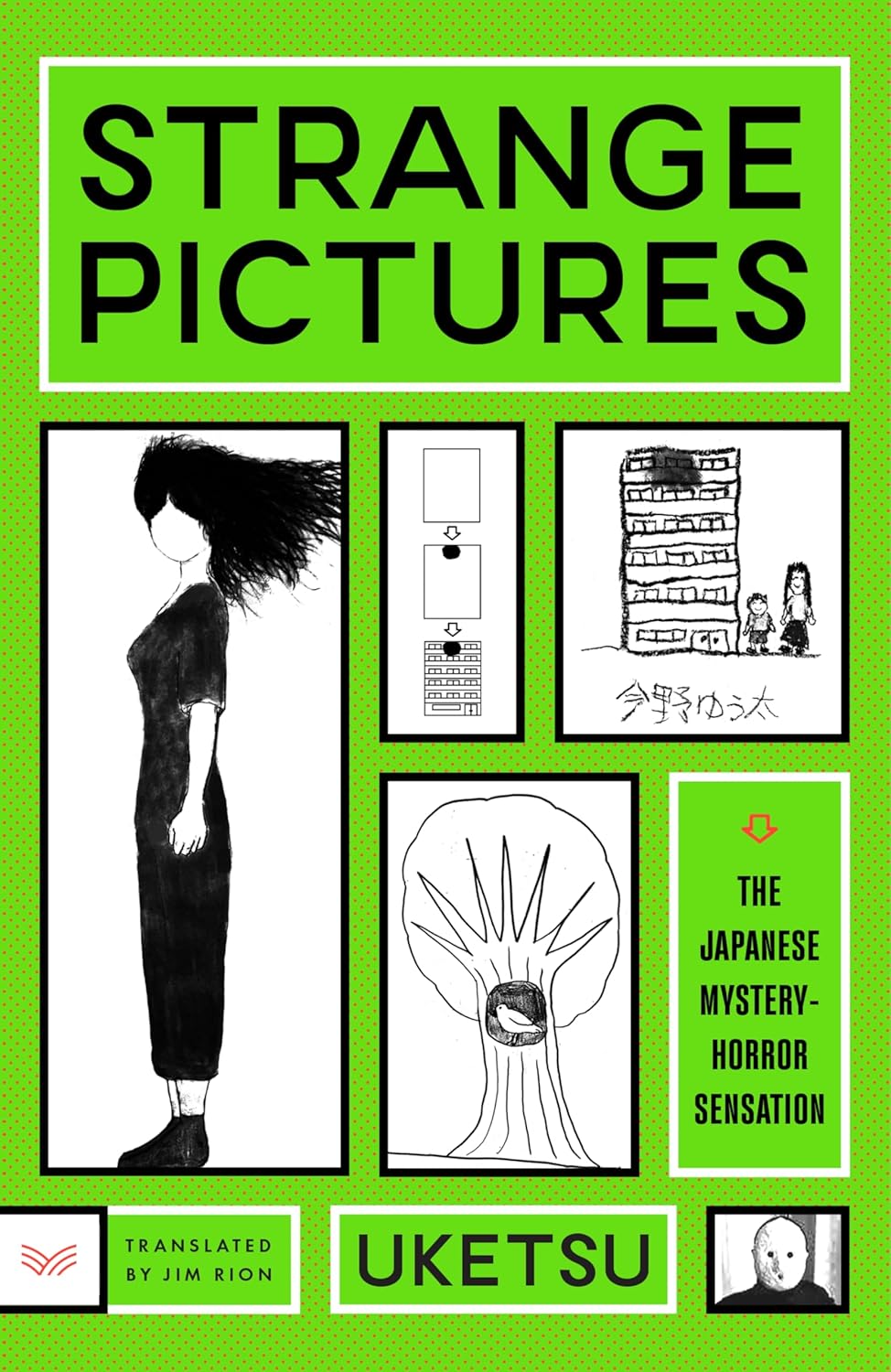
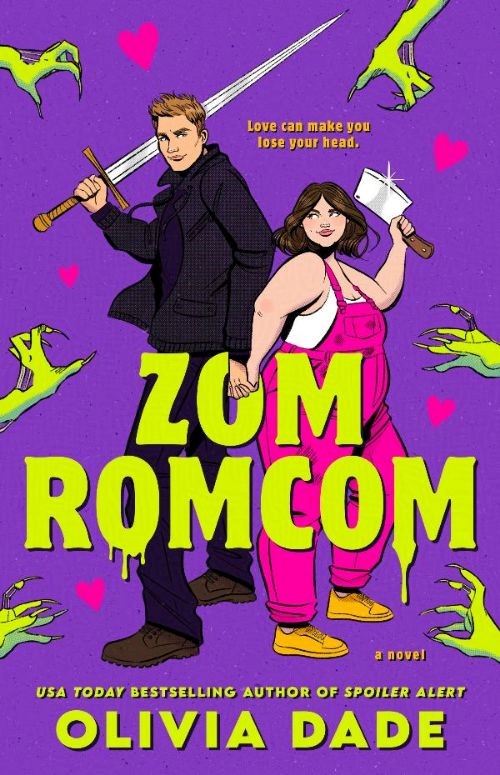

 Foundation series by Isaac Asimov
Foundation series by Isaac Asimov


 The Art of Baking Blind
The Art of Baking Blind Eat Cake
Eat Cake Bread Alone
Bread Alone
 The School of Essential Ingredients
The School of Essential Ingredients


